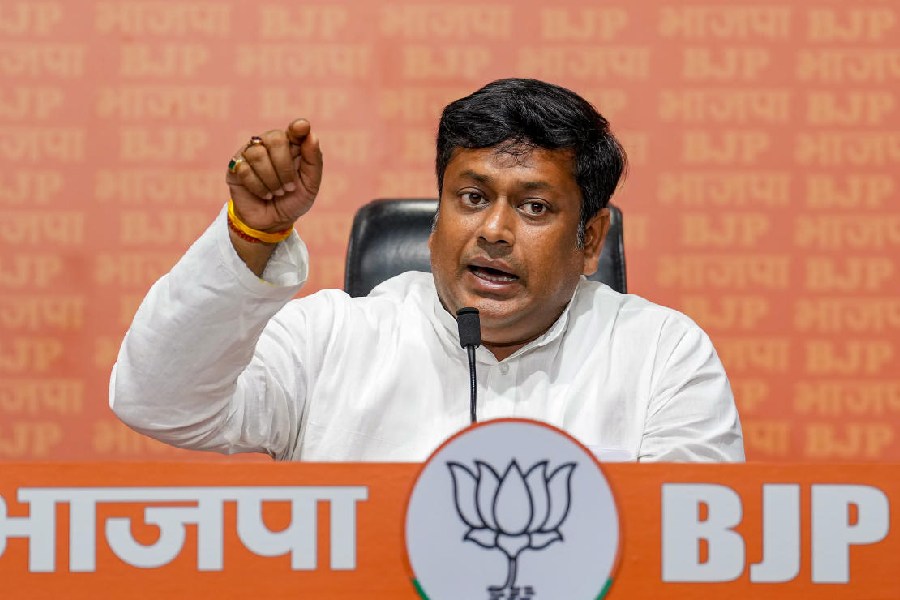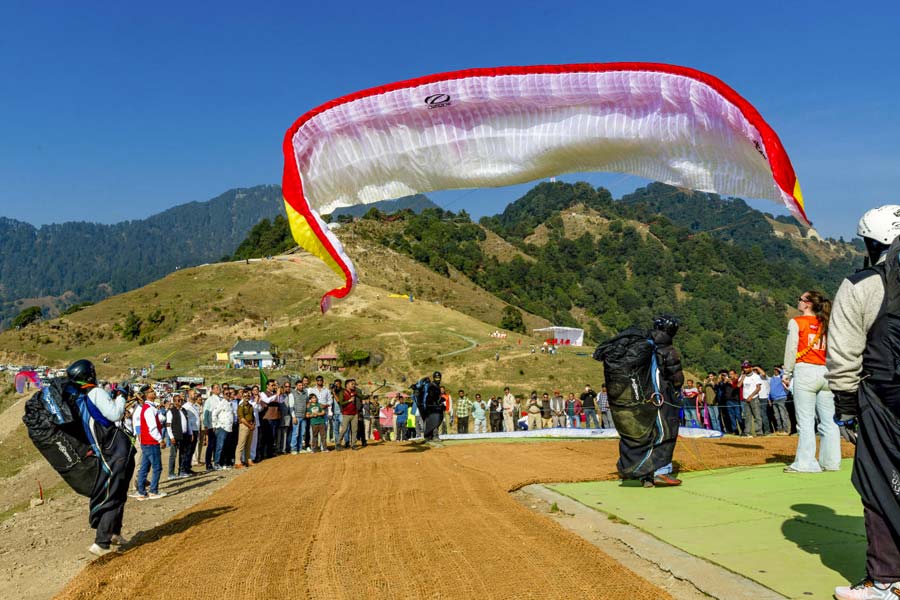ChatGPT, the recently-launched chatbot developed by OpenAI, is the fastest-growing consumer application and can cause significant disruptions in society. The January editorial of the prestigious science journal, Nature, acknowledged this technology’s vast impact by admitting that it is getting increasingly difficult to distinguish text written by people from sentences churned out by AI products. This is profoundly disturbing; the journal confesses that ChatGPT “has produced research abstracts good enough that scientists found it hard to spot that a computer had written them”.
Science and modernity are based on objective evidence, discarding subjectivity as a source of validity. However, the editorial seems to take recourse to subjective virtues when it says, “ultimately, research must have transparency in methods, and integrity and truth from authors”. What is important here is that science scrutinises transparency, integrity, and truth through objective methods. This U-turn from objective validation to subjective virtues reveals our helplessness in dealing with the attack on objectivism.
Technologies like ChatGPT, based on a family of large language models, will seriously undermine the idea of authorship and make redundant what was so far a uniquely human skill. In the future, machine-authored text may be as widespread as social media, another technology that has radically affected our lives.
From a common-sense point of view, the difference between Google and ChatGPT is the difference between buying mass-produced, pre-packaged food at a supermarket as opposed to ordering a meal prepared to specifications by a chef at a restaurant. This latest AI technology has significantly bridged the gap between humans and machines by introducing real-time dynamism, a characteristic usually identified with human interactions.
ChatGPT interacts with human beings much like human beings interact with other human beings. We are now faced with a situation where we must decide if or how exclusive features of human social interactions, such as rewards and punishments, can be extended to machines for the same work — for instance, writing a research paper for a professional journal like Nature. There is a need to move from identifying authorship of knowledge with a human being to considering non-human beings — such as machines — as independent authors if the quality of the research is good enough. In a way, what is important is the advancement of knowledge and not necessarily the agent unless science declares that it only recognises knowledge authored by human beings.
The current discussion on ChatGPT is focused on the nature of the technology and possible consequences affecting the present and the future. Theoretically inclined computer scientists can turn to Alan M. Turing’s foundational essay, “Computing Machinery and Intelligence”, published in the philosophy journal, Mind (October 1950). While Turing is the father of AI, the philosophical foundations for AI were laid by René Descartes, the father of modern Western philosophy. Descartes defined the human individual as a cognitive, thinking being. He accepted only the thinking mind and excluded others, including the body. Thus, we can draw parallels between the disembodied Cartesian individual, the foundation of modernity, and the thinking machine, the latest version of which is ChatGPT. However, there is a vast difference between the embodied individual — an ordinary human being — and a disembodied human brain and thinking machine. This philosophical perspective from the past can help us better understand the nature and the creation of thinking machines and the consequences of such a machine on our embodied selves.
The thinking machine, which shares similarities with the disembodied human self, is growing faster than the embodied self. Consider a general observation of Indian society: each generation is adapting progressively to new technologies. My children know more about the use of technology than me; my capacity to use technology is more than my parents and so on. However, this increasing dependence on technology has also resulted in a decline in the younger generation’s physical stamina and ability to deal with complex issues. This is cause for concern.
In addition to privileging the activities around thinking, there is a need to recognise the virtues of non-thinking human activities. It is necessary to closely examine those who depend on technology in their lives and their profession and those who do not. Human beings compete not only with other human beings but also with thinking machines. Like in all competitions, losing, discarding, and replacing are part of the game.
While technology, and AI in particular, undoubtedly makes things easier and has been enormously beneficial to human beings, it must also be recognised that these astounding human inventions can also undermine human beings. This happens not only in the form of job losses but also in their widespread impact on our lives and on society. This is reminiscent of the enigmatic line from the famous Social Contract theory of the philosopher, J.J. Rousseau, who wrote, “Man is born free; and everywhere he is in chains. One thinks himself the master of others and still remains a greater slave than they.” This could be applied to the present context and rephrased as ‘Modern human beings think themselves the masters of machines and still remain a greater slave than they.’
The question is not whether technology is good or bad. Instead, we must focus on understanding the nature and the extent of human dependence on others or on machines, especially the autonomous, modern self’s cherished virtues, such as individualism, freedom, and liberty.
A. Raghuramaraju teaches Philosophy at the Indian Institute of Technology Tirupati










